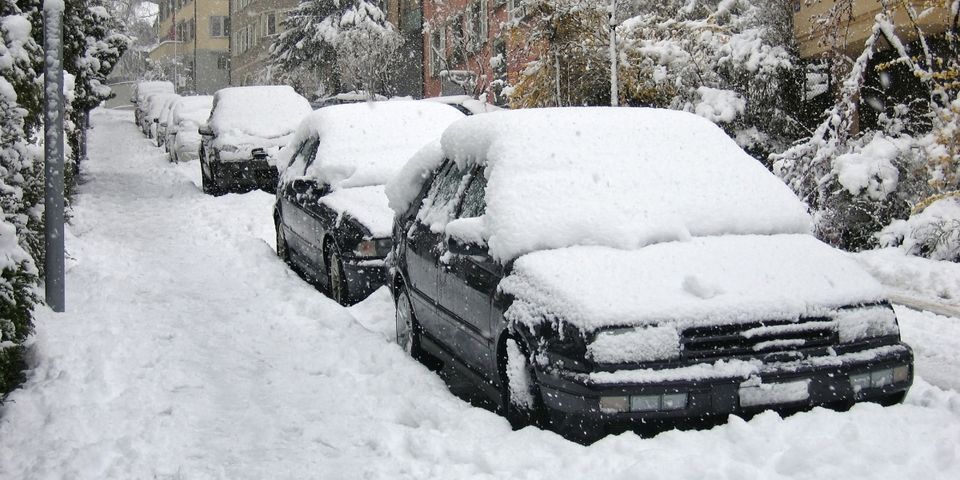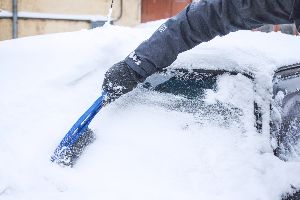
Winter weather brings holiday cheer and comfort, but it can cause issues with your vehicle unless you remain vigilant. By keeping stalk of factors such as oil levels and tire pressure, you can prevent costly auto repair service, especially during inclement weather. Here’s a closer look at how colder weather can affect cars.
3 Ways the Cold Affects Your Car
1. Thickens Fluids
Colder weather can thicken oil, antifreeze, and transmission fluid, making it more challenging for these liquids to pass through the engine. Vehicles need these liquids to lubricate the engine so they can run smoothly.
While additives in the fluids can help prevent them from freezing, it’s best to check they’re at the proper level when it’s cold outside. Further, allow the engine to run for a few minutes to warm up the system.
2. Breaks Wiper Blades

Colder temperatures can cause windshield wiper blades to become brittle and break easily. Moreover, ice and snow can damage them by weighing down the blades, particularly during a heavy storm. The rubber can also peel off due to the weight of the elements.
Take the time to warm up the engine and carefully clear any ice or snow so you can use the windshield blades. Otherwise, this can severely impact vision while driving.
3. Deflates Tire Pressure
Colder temperatures can decrease tire pressure and cause them to become underinflated. Underinflated tires can increase friction on the road and lead to wear and tear or even a blowout.
This can also lessen the traction, diminishing drivability. Check tire pressure once a week, and consider switching to winter tires that operate at a higher PSI and are designed to have better grip and traction.
When you need quality auto repair service, turn to Puma’s Auto Care in Brooklyn, NY. These experienced technicians offer services such as transmission service, tune-ups, and inspections so you can get back onto the road safely. Call this auto repair team at (718) 272-6306 to schedule a service, or visit their website for more information.
About the Business
Have a question? Ask the experts!
Send your question

